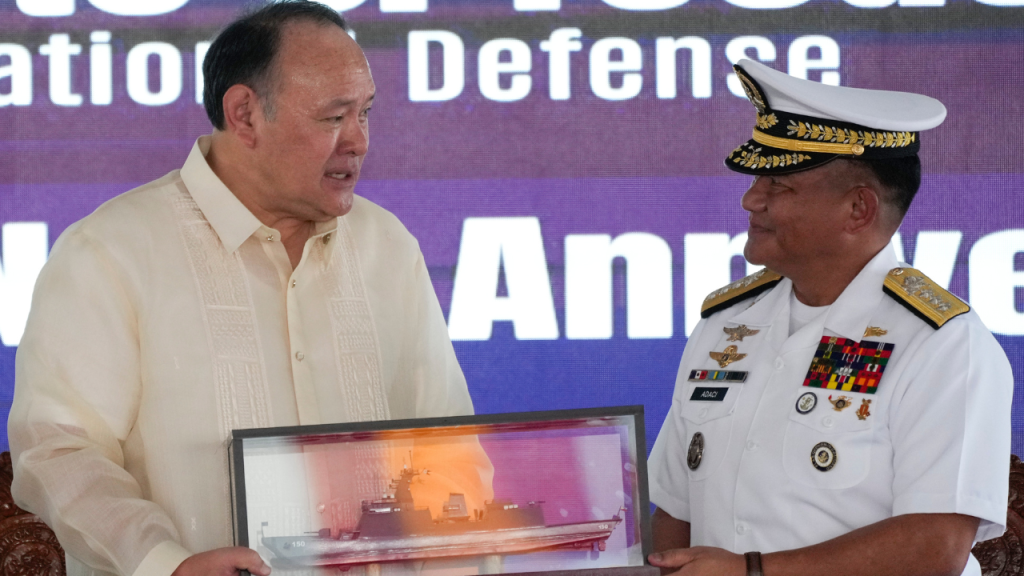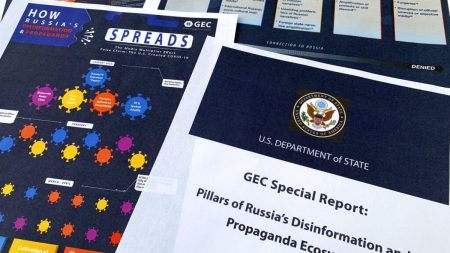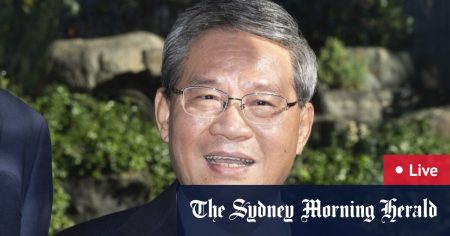The Philippines, under the leadership of Defense Secretary Gilberto Teodoro, is committed to building security alliances and conducting joint drills in disputed waters to protect its territorial interests. Recent joint live-fire exercises with U.S. forces in disputed waters have drawn criticism from China, but Teodoro has dismissed these criticisms as paranoia. The Philippines will continue to strengthen security alliances and stage joint combat drills to defend against aggression and provocative actions, particularly in the South China Sea where tensions have escalated. President Ferdinand Marcos Jr.’s administration has taken steps to forge new security alliances with various countries and has allowed for increased U.S. military presence in the Philippines.
In response to China’s increasingly aggressive actions in the South China Sea, Teodoro has criticized Beijing without directly naming the country, expressing the Philippines’ stance against aggression and provocative moves. The Philippines has staged joint military exercises with the U.S., Australia, and Japan in the disputed waters, drawing further criticism from China for supposedly endangering regional security. However, Teodoro has emphasized that these activities are not intended as containment or provocation but rather as necessary measures to protect territorial interests.
The Philippines remains the U.S.’s oldest treaty ally in Asia, with a defense pact obligating Washington to help defend the Philippines in the event of an armed attack, including in the South China Sea. The Philippines has also signed defense pacts with Australia and is negotiating agreements with Japan and considering one with France. Joint military exercises have been conducted with a focus on territorial defense, with realistic training scenarios and increased maritime cooperation with like-minded nations to strengthen military capabilities.
China has opposed external interference and muscle-flexing in the South China Sea, vowing to defend its territories resolutely. However, Teodoro has emphasized that the Philippines’ actions to defend its exclusive economic zone are not provocations but rather a constitutional duty. In addition to China and the Philippines, other countries such as Vietnam, Malaysia, Brunei, and Taiwan are also involved in territorial disputes in the region, making the South China Sea a key global trade route with significant geopolitical implications.
President Marcos has directed the Philippine military to shift its focus to external defense following decades of anti-insurgency operations, given the growing concerns over China’s actions in the South China Sea. This shift aligns with efforts by U.S. President Joe Biden and his administration to reinforce alliances in the Indo-Pacific region as a countermeasure against China’s assertive behavior. The Philippines’ commitment to building security alliances and conducting joint military drills reflects its determination to safeguard its territorial interests and uphold regional stability amid escalating tensions in the South China Sea.















